Subsidies considered excessive, unwarranted, wasteful, unfair, inefficient, or bought by lobbying are often called corporate welfare.[1] The label of corporate welfare is often used to decry projects advertised as benefiting the general welfare that spend a disproportionate amount of funds on large corporations, and often in noncompetitive, or anti-competitive ways. For instance, in the United States, agricultural subsidies are usually portrayed as helping honest, hardworking independent farmers stay afloat. However, the majority of income gained from commodity support programs actually goes to large agribusiness corporations such as Archer Daniels Midland, as they own a considerably larger percentage of production.[21]
 Alan Peters and Peter Fisher (Associate Professors, Graduate Program in Urban and Regional Planning, University of Iowa)[22] have estimated that state and local governments provide $40–50 billion annually in economic development incentives,[23] which critics characterize as corporate welfare.[24]
Alan Peters and Peter Fisher (Associate Professors, Graduate Program in Urban and Regional Planning, University of Iowa)[22] have estimated that state and local governments provide $40–50 billion annually in economic development incentives,[23] which critics characterize as corporate welfare.[24]
Some economists consider the recent bank bailouts in the United States to be corporate welfare.[25][26] U.S. politicians have also contended that zero-interest loans from the Federal Reserve System to financial institutions during the global financial crisis were a hidden, backdoor form of corporate welfare.

